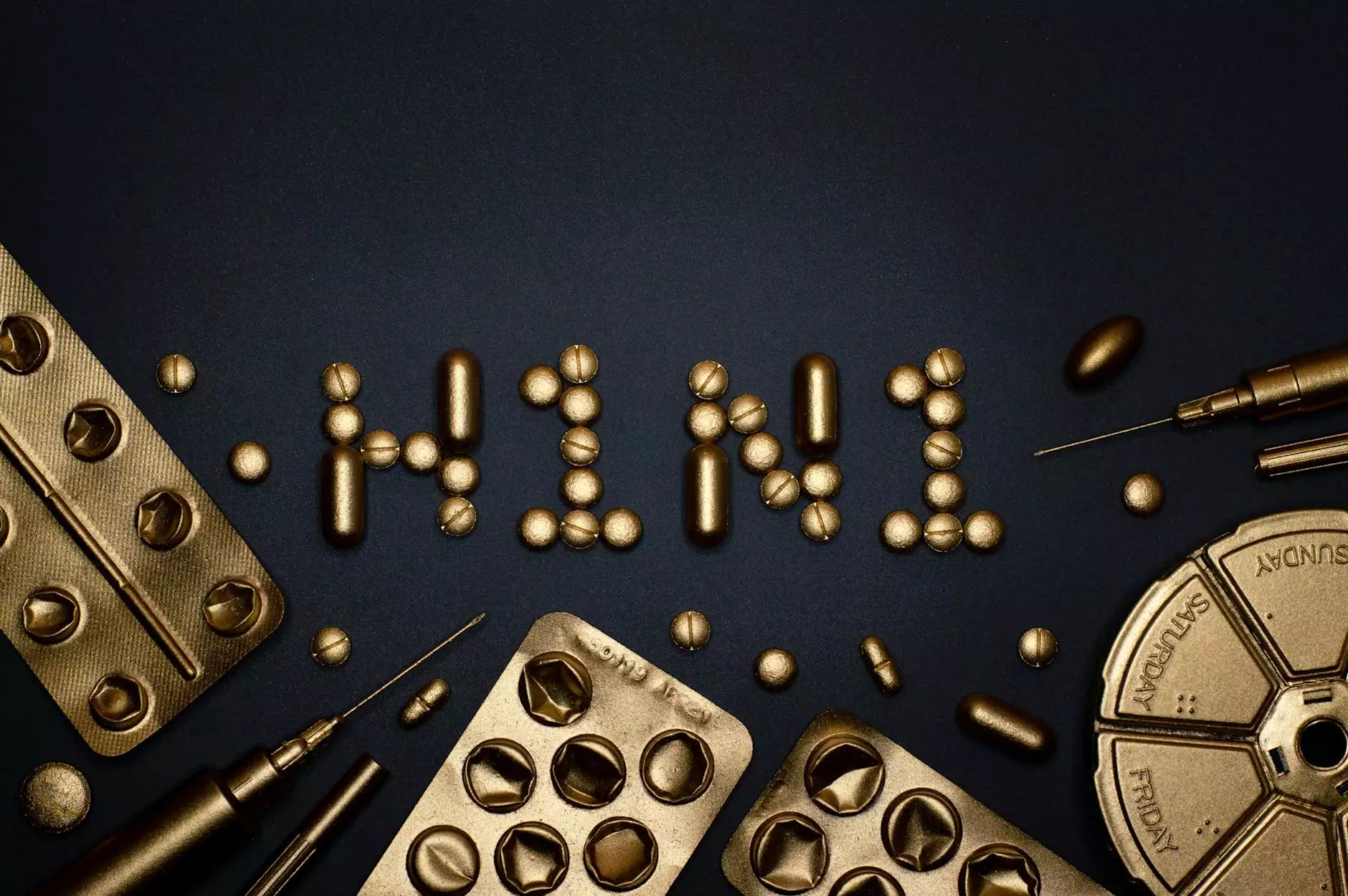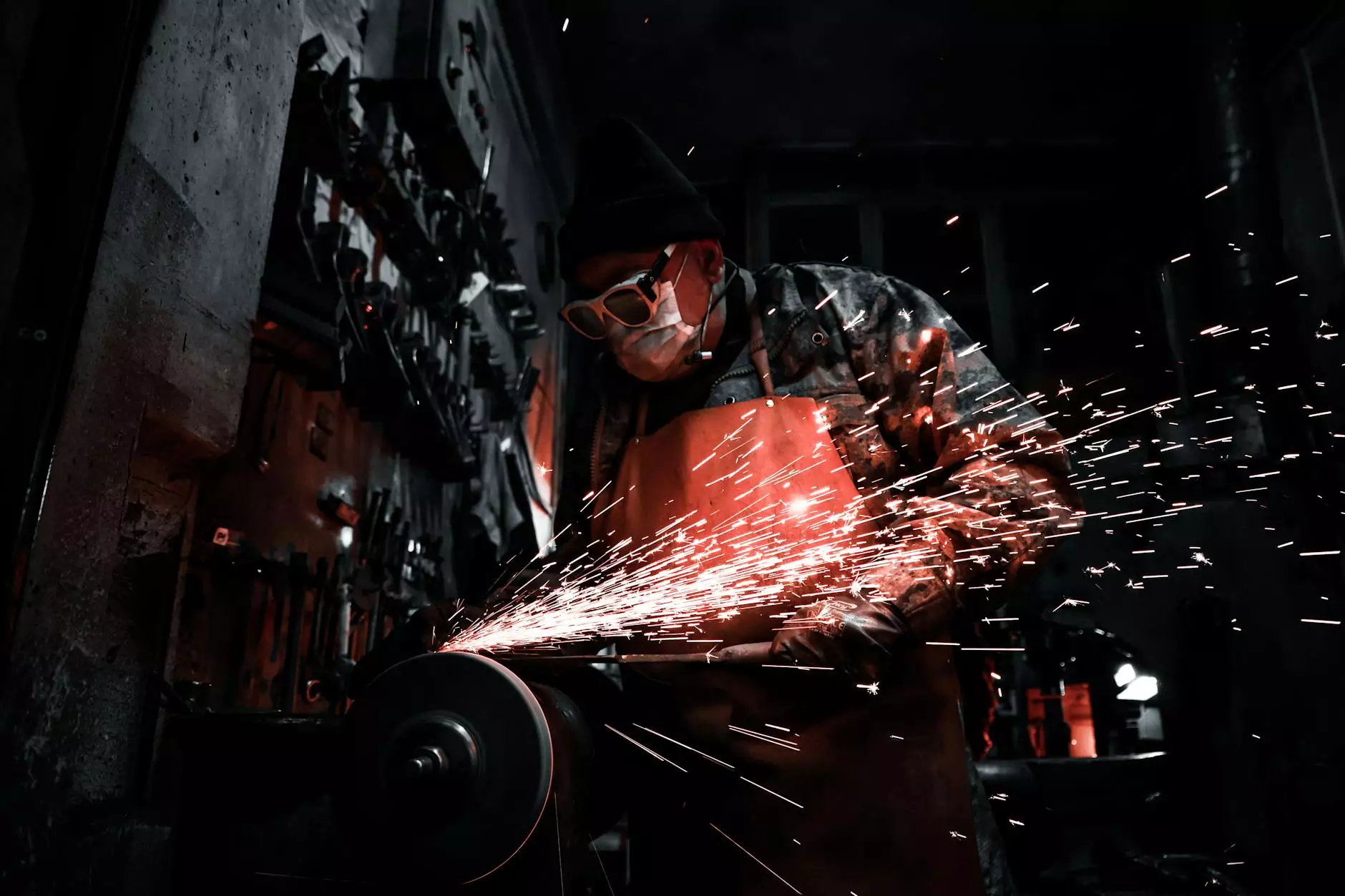Understanding Full Upper Arch Dental Implants Cost

Full upper arch dental implants are becoming a popular solution for individuals seeking to restore their smile and bite function after significant tooth loss. This comprehensive guide will delve into the cost of full upper arch dental implants, the factors influencing these costs, the benefits these implants offer, and the overall process involved in acquiring them. By the end of this article, you will have a clearer understanding of what to expect and how to approach your dental health investment.
What Are Full Upper Arch Dental Implants?
Full upper arch dental implants, often referred to as "All-on-4" or "Teeth in a Day", are a revolutionary dental solution designed to provide a full set of functional teeth anchored securely to dental implants. Unlike traditional dentures, which can slip and move, these implants are surgically placed in the jawbone, offering a stable and permanent solution for individuals missing most or all of their upper teeth.
Benefits of Full Upper Arch Dental Implants
- Improved Aesthetics: Regain a natural-looking smile that boosts self-esteem.
- Functional Restoration: Enjoy the ability to chew and speak without discomfort.
- Bone Preservation: Implants help prevent bone loss in the jaw, maintaining facial structure.
- Long-lasting Solution: With proper care, implants can last a lifetime.
- Low Maintenance: Unlike dentures, implants require no adhesive and are cared for like natural teeth.
Factors Influencing Full Upper Arch Dental Implants Cost
The cost of full upper arch dental implants can vary widely based on several factors:
1. Location of the Dental Practice
The geographic location plays a significant role in determining dental implant costs. Urban centers with a higher cost of living tend to have higher fees compared to rural or suburban practices.
2. Surgeon’s Experience and Skill
The expertise of the oral surgeon or prosthodontist performing the procedure can affect the price. Highly experienced professionals may charge more due to their unique skills and successful outcomes.
3. Materials Used
Implant materials can vary in cost. For instance, titanium implants are commonly used and known for their durability, but ceramic implants may be more aesthetically pleasing, potentially increasing costs.
4. Additional Procedures Required
If you require bone grafting or sinus lifts prior to the implant placement, these additional procedures can significantly increase the total cost.
5. Anesthesia and Facility Fees
The type of sedation anesthesia used during the procedure and the facility where the surgery takes place can add to the overall expenses of full upper arch dental implants.
Estimated Costs of Full Upper Arch Dental Implants
The total cost for full upper arch dental implants can range from $20,000 to $50,000 per arch, depending on the factors mentioned above. This estimate typically includes:
- Initial consultation and diagnostic imaging.
- Surgical placement of implants.
- Crown fabrication and placement.
- Follow-up appointments and adjustments.
Financing Options for Full Upper Arch Dental Implants
Understanding that the upfront cost may be daunting, many dental practices offer financing plans. Options include:
- Payment Plans: Spread out the costs over several months or years.
- Health Savings Accounts (HSA): Use pre-tax dollars to pay for dental work.
- Third-Party Financing: Companies that specialize in dental loans can help patients afford necessary treatments.
The Process of Getting Full Upper Arch Dental Implants
The journey to receiving full upper arch dental implants typically includes several key steps:
1. Initial Consultation
During your first appointment, your dentist will perform a comprehensive examination, including imaging studies (like X-rays) to assess the health of your jawbone and the suitability of implants.
2. Treatment Planning
Based on your consultation, a customized treatment plan will be created, detailing the number of implants needed, the type of materials to be used, and a timeline for the procedure.
3. Preparation
If you require bone grafting, this will be performed before the implants are placed. Healing time will be necessary for the graft to integrate with the bone.
4. Implant Placement
The actual placement of the implants involves surgical intervention where the implants are embedded into the jawbone. This procedure usually takes several hours and is done under local anesthesia.
5. Abutment Placement
After the implants have integrated with the bone (a process that can take several months), abutments are placed on each implant, providing a base for the new teeth.
6. Crown Placement
Finally, custom-made crowns are affixed to the abutments, completing your new smile.
Post-Procedure Care and Maintenance
After receiving full upper arch dental implants, adherence to a good oral hygiene routine is crucial. Here are some tips for post-procedure care:
- Regular Brushing and Flossing: Maintain your oral health by brushing twice a day and flossing daily.
- Routine Check-Ups: Schedule regular dental visits to ensure the health of your implants.
- Avoid Hard Foods: In the initial healing phase, avoid hard or sticky foods that could damage the implants.
- Quit Smoking: Smoking can hinder healing and affect implant success.
Conclusion
Investing in full upper arch dental implants is a significant decision that can profoundly impact your quality of life. While the costs may seem high, the longevity, functionality, and aesthetic benefits they provide make them an invaluable choice for those facing tooth loss. At ClearDental.com.au, we are committed to providing our patients with the best dental solutions tailored to their individual needs. Schedule a consultation today to discuss your options and take the first step towards restoring your smile with full upper arch dental implants.









